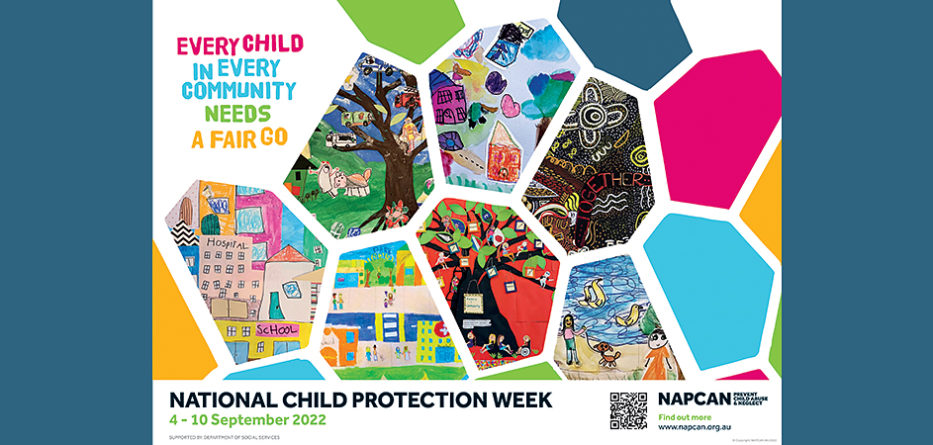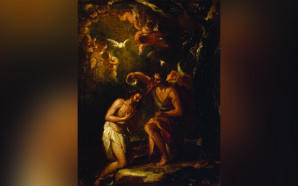4 – 10 September is National Child Protection Week
11 September is the Australian Catholic Bishops Conference’s Safeguarding Sunday
In Catholic Churches, Safeguarding Sunday occurs at the end of National Child Protection Week. It complements the wider Australian commemoration but has a distinctive emphasis. Safeguarding Sunday focuses on acknowledging and asking forgiveness as a Church for the crimes of the sexual abuse of children at the hand of Catholic clergy and others in a position of responsibility and criminal negligence in failing to respond to reports of it. That focus naturally leads to the desire to make amends to the people who were abused and to ensure that in all the relationships with children within the Church they will be safe. The processes and protocols support that commitment to say ‘Never Again’ to abuse.
National Child Protection Week looks more broadly at the need of children for protection. Its theme this year is ‘Every child in every community needs a fair go’. It asks us to reflect on the support that children need to grow into confident and trusting adults, free from abuse of every kind. This broader perspective is important because it brings home to us the horror of what was done in the Catholic Church by setting it in the broader need for protection in the Australian community as a whole. In recent years, the scale of abuse and suffering of children in families have become evident, as has the fate of too many children who were separated from violent or neglectful homes only to suffer abuse in institutions and at the hand of foster parents. Many have found their way into the justice system, into juvenile detention centres and later to prison. At Jesuit Social Services, we have accompanied many such young people. As Catholics who know the harm that many children suffered when in church institutions, we should insist that Australian children outside our direct responsibility are also safe.
We now also understand that people who abuse children sexually and in other ways have often themselves been abused and violently treated. This tells us that the best way to ensure that children are protected is to protect children. If we address the important factors involved in the abuse of children we shall safeguard the children of future generations. Certainly, the way in which we raise and educate children, especially boys, to deal with frustration and rage and to build respectful relationships will enable them to relate in gentle and mature ways to their own children. At Jesuit Social Services, exploring ways to encourage the development of boys into mature men who can relate in respectful ways to women and one another has been a principal focus of our Men’s Project.
These deeper ways of safeguarding children depend on changing deep-rooted attitudes. We must also, however, make safe the environment in which they live. We do this by ensuring that they are listened to, are accompanied, that they are not vulnerable to predators and that protocols of conduct with children are strictly observed. The ways of keeping safe must be imprinted on hands and feet, on fences and in timetables, as well as on minds. For children being given a fair go means that they will be safe in the company they keep and in the activities they do. For adults who accompany them, ensuring that they have a fair go means constant care to keep them safe.
There are many things we can do to create a supportive Parish environment and show that we do give a fair go for all the children of our faith community! To find out more about how the Diocese of Parramatta is creating a safe space for all, visit safeguarding.org.au
Fr Andrew Hamilton SJ writes for Jesuit Communications and Jesuit Social Services.








